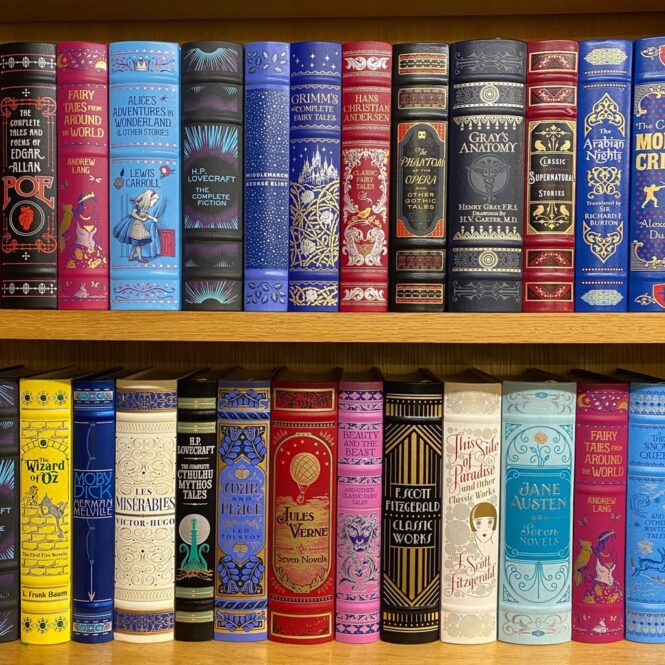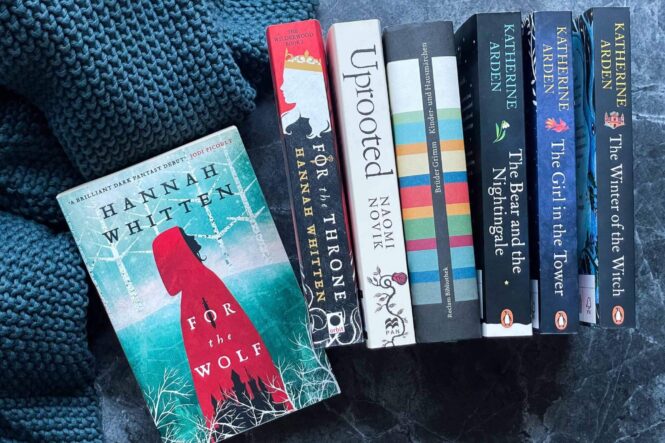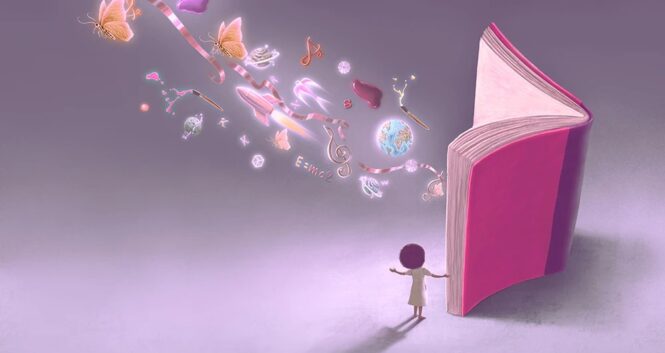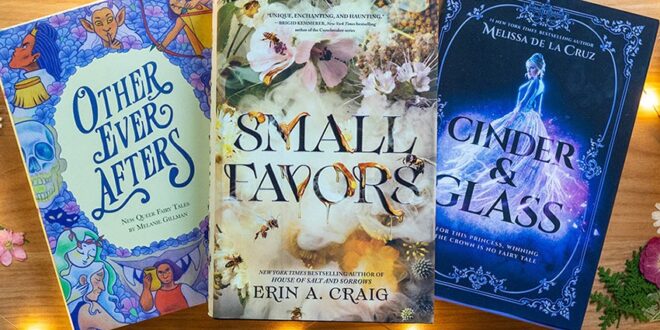Fairy tales are more than just stories; they are a fundamental part of our cultural heritage. From the enchanted forests and wicked witches of the Brothers Grimm to the poignant pathos of Hans Christian Andersen, these tales have shaped our understanding of morality, good versus evil, and the human condition for centuries.
Passed down through generations, originally as often dark and cautionary folk tales, they have evolved into cherished bedtime stories and sophisticated literary works.
The enduring power of these narratives lies in their ability to resonate with readers of all ages, offering comfort, wonder, and a sense of timeless magic.
Whether you are seeking to introduce a child to the classics or wish to delve into the rich symbolism of the genre yourself, a curated guide to the best fairy tale books is an invaluable resource.
The Enduring Appeal of the Classics

The origins of many of the fairy tales we know and love today can be traced back to the oral traditions of European cultures.
These were stories told around the hearth, not exclusively for children, and often contained stark, brutal lessons about the world.
Notable early collectors and contributors include:
- Charles Perrault – Introduced refined, courtly versions of folk tales like Cinderella and Sleeping Beauty.
- The Brothers Grimm – Preserved German folk culture compiling a collection of tales that, in their original versions, were far more violent and disturbing than the sanitised versions we often read today. Yet, it is this very rawness that has given them their enduring power. The tales of “Hansel and Gretel“, “Rapunzel”, and “Little Red Riding Hood” are not merely flights of fancy; they are explorations of primal fears and desires.
- Hans Christian Andersen – Was a master of the literary fairy tale, often creating original stories with deep moral and emotional resonance, such as “The Little Mermaid” and “The Ugly Duckling”, which explored themes of identity, sacrifice, and belonging.
For any serious fairy tale enthusiast, a good collection of these original classics is a must-have.
The Rise of Modern Retellings

In recent decades, there has been a huge surge in modern retellings of classic fairy tales.
These books take the familiar characters and plots and reinvent them for contemporary audiences, often exploring the stories from new perspectives.
This trend has given rise to some of the most innovative and thought-provoking books in modern literature.
For young adult readers, authors like Marissa Meyer have taken classic tales and placed them in futuristic, sci-fi settings in her Lunar Chronicles series.
Similarly, Sarah J. Maas’s A Court of Thorns and Roses takes inspiration from “Beauty and the Beast” but transforms it into a complex, high-fantasy romance.
These books demonstrate how the core themes of fairy tales – love, courage, and overcoming adversity – are still relevant, even when filtered through a new lens.
Beyond the young adult genre, authors such as Angela Carter have famously deconstructed fairy tales in her collection The Bloody Chamber, exploring the tales’ latent psychological and feminist undertones.
Even popular musicals like Wicked have their roots in this tradition, offering a fresh, often sympathetic, perspective on a classic villain.
These retellings prove that fairy tales are not static, but a dynamic and evolving body of work that continues to inspire and challenge readers.
Why Fairy Tales Still Matter in a Modern World
It’s easy to dismiss fairy tales as stories from a simpler time, but their relevance today is greater than ever. These tales serve as mirrors, helping us reflect on the values we carry, the fears we still wrestle with, and the hope we cling to. In a world that feels increasingly uncertain, fairy tales ground us in something universal.
Their motifs—lost children, enchanted forests, impossible trials—resonate because they reflect human truths that transcend time.
Moreover, fairy tales encourage imagination and empathy. They provide children with moral frameworks and adults with symbolic tools to make sense of emotional realities.
A wolf isn’t just a wolf—it’s any lurking danger. A glass slipper is more than footwear—it’s a symbol of transformation and self-worth.
When retold with care or reinterpreted through modern eyes, these stories become powerful vehicles for change, inspiration, and even resistance.
In short, fairy tales endure not because they are old, but because they are timeless.
The Role of Fairy Tales in Emotional Development

Fairy tales do more than entertain — they help readers, especially children, process complex emotions in a safe and symbolic way.
Within the safety of a story, fear, anger, jealousy, and grief can be explored without direct confrontation.
A child might not be able to talk about abandonment, but they can relate to Hansel and Gretel lost in the woods. Adults, too, can revisit these tales and find fresh meaning as life circumstances change.
Psychologists like Bruno Bettelheim have long argued that fairy tales play a crucial part in helping young minds develop emotional resilience.
Facing a wicked witch or a fire-breathing dragon on the page mirrors the real-life challenges we all must navigate.
These stories offer not only escapism, but also emotional rehearsal for life’s many unknowns — making them as therapeutic as they are magical.
A Fairy Tale for Every Reader
The beauty of the genre is its vast diversity. From beautifully illustrated picture books that introduce young children to the magic of “Sleeping Beauty” to complex fantasy novels that draw on multiple folk traditions, there is a fairy tale for every age and interest.
The availability of resources like curated booklists makes it easier to navigate this rich landscape and find the perfect book for any occasion.
Whether you want to explore the history of the tales, find a modern retelling that speaks to your own experiences, or simply lose yourself in a world of princes, princesses, and magical creatures, the options are endless.
Ultimately, the best fairy tale books are those that transport us to another world while simultaneously revealing something profound about our own.
They remind us of the power of storytelling and the enduring hope that, even in the darkest of times, good can triumph over evil.
 Imagup General Magazine 2025
Imagup General Magazine 2025
